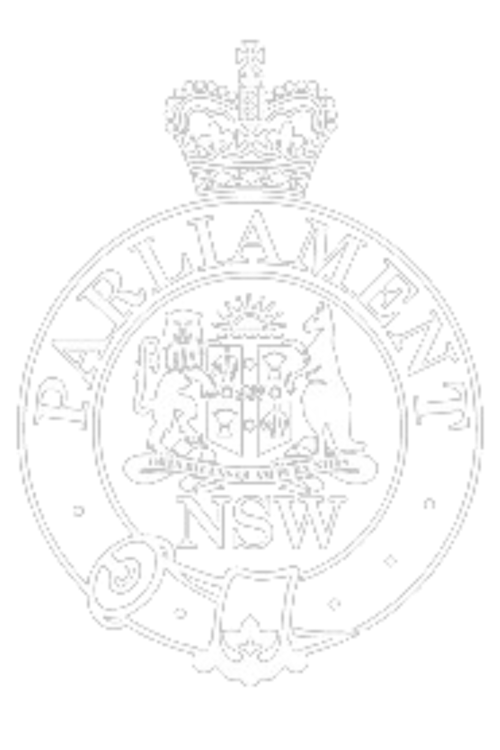Liverpool is home not only to one of the largest hospitals in the Southern Hemisphere but also to a vibrant and increasingly diverse multicultural community. That provides unique challenges, and opportunities, in delivering high-quality health care that is accessible to all community members. Often when considering access to healthcare services and information by multicultural communities, the translation of resources into community languages is the limit to the investment and imagination of bureaucrats and decision-makers. That was the case during the peak of the COVID pandemic and restrictions, when the needs of and feedback from cultural and linguistically diverse community groups and healthcare workers fell by the wayside.
I draw the attention of the House to the achievements and work of Associate Professor Christine Ji. I had the pleasure of meeting her earlier this year, when we had a fascinating discussion about her research and recent publication in the area of multicultural translation and social inclusion—her academic specialisation. In addition to being a longtime resident of the Liverpool area, Associate Professor Ji's internationally renowned work has enhanced the knowledge of what should be best practice in health communications for culturally and linguistically diverse groups. She is a published author and respected in her field.
I am privileged to have been gifted a copy of Associate Professor Ji's most recent work, entitledTranslation Technology in Accessible Health Communication, which she co-authored with Pierrette Bouillon from the University of Geneva and Mark Seligman, the President of Spoken Translation, Inc. The publication is a much‑needed exploration of how policy and decision-makers can better use technology to improve the health and wellbeing of our communities. In her book Associate Professor Ji states that "in modern Australia multiculturalism is widely recognised as a key to prosperity and social cohesion". We understand that in this place, and it must inform the lens through which we frame the system that impacts those who live in this wonderful State.
Through her work at the University of Sydney, Associate Professor Ji has made an outstanding contribution to promoting health equality and better access to health education resources and services for culturally and linguistically diverse Australians. In her book, she observes that "authorities in Australia only adopt translation technology in medical and health settings conservatively, despite increasing demands during the pandemic crisis for more timely, direct and effective engagement with diverse communities". They say that necessity is the mother of progress, but we seem to be lagging in this important space. Over the past few years, it has become clear that there is a shortage of accredited translators and interpreters who can help some of our most vulnerable community members navigate health and mental health services, domestic and family violence support services, and other supports necessary to help them not only survive but also thrive.
It is a matter of not only recruiting translators and interpreters but also working out how to structure and resource a system where the most acute need is often in the area of rare languages. While those who speak rare or uncommon languages in our communities may be in most need of such services, how can our health services plan and recruit personnel when they do not know enough about how often and where those translators may be called to assist? As Secretary of the Australian Institute of Interpreters and Translators, the national peak body of translators in Australia and a member organisation of the International Federation of Translators, Associate Professor Ji is an expert consultant to national multicultural organisations and not-for-profits. She is on the advisory board of multiple community health projects including the cervical cancer community translation project, which is part of the National Cervical Screening Program. Her advice has informed the development of proposals from the Federation of Ethnic Communities' Councils of Australia to NSW Health on initiatives promoting multicultural health.
In recognition of her international leading expertise in multilingual accessibility research and sustained community engagement, in 2024 Associate Professor Ji was appointed a member of the working group of multilingualism of UNESCO's Information for All Programme [IFAP]. She has been invited by the IFAP secretariat to develop policy briefs for UNESCO on recent developments in multilingual accessibility for Australians from multicultural backgrounds. With such a depth of wisdom at our fingertips, I look forward to sharing those ideas with my colleagues so we can improve outcomes for all our communities and the system we work within.


